There is a growing tendency online to put the blame on Dermot Desmond for Celtic’s recruitment issues.
It seems incredibly far fetched or the result of a subtle deflection campaign launched by one favoured Celtic podcaster.
Desmond first invested in Celtic in 1995, when Fergus McCann sold up in 1999 the Irish businessman became the biggest individual shareholder but not the majority shareholder.
Today he owns 34.62% of the club shares through Line Nominees Limited which probable equates to much more since so many of the 1995 shares are lying dormant.
Desmond very rarely gets involved in Celtic business, it is over 15 years since he found space in his diary to attend the AGM.
Whenever the current executives mess things up and need a manager Desmond tends to get involved.
In 2016 things with Ronny Deila deteriorated just too far during a managed decline, out of nowhere Brendan Rodgers was brought in to kick off the most dominant period of success that Scottish football has ever known, starting with four successive trebles. Inspired and driven by two Irishmen.
In 2021 when Peter Lawwell was stepping down as CEO there was no sign of a manager being appointed beyond the Eddie Howe red herring.
Frank Trimboli knew the decision maker to contact, Ange Postecoglou’s agent got his man a 30 minute phone call with Desmond. The rest is history.
A year after Mark Lawwell was imposed on him Postecoglou left Celtic for Spurs, tumbleweed beckoned but Desmond again got involved, spoke to Brendan Rodgers then sent the not so dynamic duo of Michael Nicholson and Chris McKay out to Santa Ponsa to tie up the loose ends.
If only Desmond had got involved in the horrific 2023 recruitment Rodgers II could have worked out very differently.
Every subsequent transfer window has brought fresh issues and problems, vocal backing for the manager from the Celtic CEO and Chairman has been almost non-existent. Who knows what goes on behind the scenes but the media conferences held by Rodgers all points in one direction.
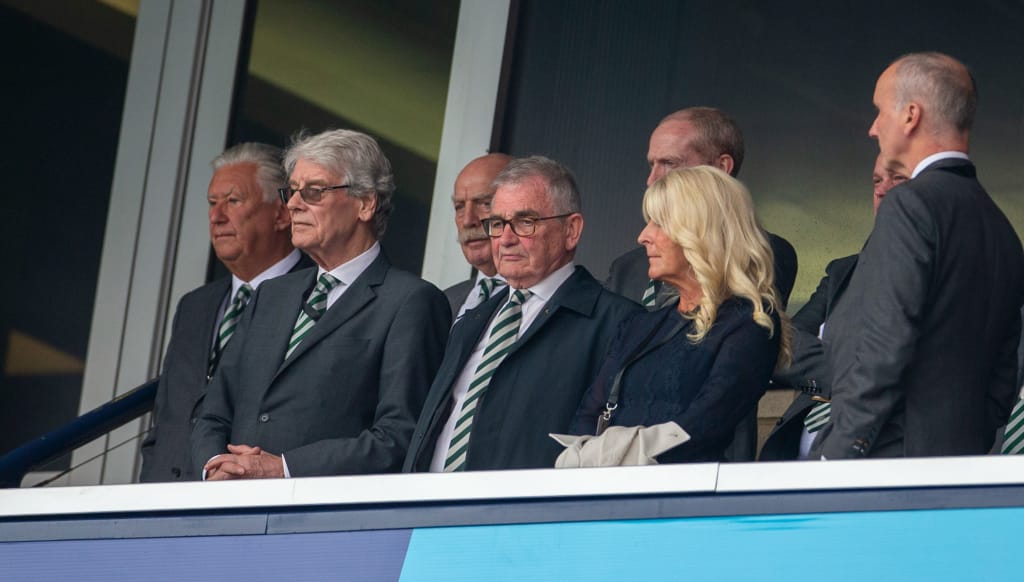
Desmond watched Celtic winning the Cork Super Cup at the start of July, he hasn’t been spotted at any other matches since, generally he attends 6-10 matches a season.
The notion that he is the last authority on transfer business just doesn’t stand up.
Celtic are a PLC with a Board of Directors, a Chairman, a CEO and six Non Executive Directors who have the task of applying scrutiny to the decisions being taken by the Board, ensuring that things are done in the best interests of shareholders.
If they are being undermined they should highlight the problems or resign, if there is any truth in the claims that decision making rests on one NED the other Non Executive Directors are failing massively in their obligations.
The Corporate Governance Institute details what is expected from Non Executive Directors:
- In the Code, non-executive directors clearly have a strong role. Their job description includes:
- reviewing and approving the strategic plan, with constructive challenges;
- monitoring of management’s performance in meeting agreed-on goals and objectives;
- ensuring the integrity of financial information and that controls and risk management strategies are robust and defendable;
- determining appropriate levels of remuneration for executive directors;
- appointing and removing executive directors, and succession planning.
The non-executive directors should have regular meetings with the chair, but without the executive team’s members. They should also meet the other non-executive directors at least once a year to assess the chair’s performance.
If the executive directors collectively have a stake in an important issue that goes to the board, the non-executives may have the final say. This situation commonly occurs when a management team or a private equity group with management involvement offers a bid for the company. The non-executive directors will decide alone whether or not to recommend the bid to shareholders, and the executives will have no role in the decision.
Celtic have Peter Lawwell, Tom Allison, Desmond, Sharon Brown, Brian Rose and Brian Wilson fulfilling the NED roles.
The day-to-day running of the club is on Nicholson, that is why he is the Chief Executive Officer.
If the ultimate authority isn’t on the CEO his near £1m salary seems pointless, he is being paid for his leadership ability and decision making.
Of course with zero in the way of communications coming out of the club a lot is open to interpretation.
Like Paul Tisdale before him there has been no comment from the club on the role and remit of Shaun Maloney.
Celtic has every social media platform to communicate with their fans, tellingly nothing is said inbetween AGMs except for the bare minimum.
Nicholson’s only ever public comment in 47 months as CEO was when Rodgers was appointed manager in June 2023.
It seems that the club’s ambition is to be world class in everything that they do, it seems like Recruitment and Communications are just two of the areas that Nicholson has still to address.
RELATED READING
- Has Rodgers given up in his battle to modernise Celtic?
- Yogi Hunior calls out the absolute insanity of Celtic’s transfer ‘strategy’
8 minutes
I think that from our perspective the strategy has always been very clear and that is to be a world class football club in whatever we do. As Brendan mentioned we want to dominate domestically and compete in the Champions League, that has been clearly stated for many many years.


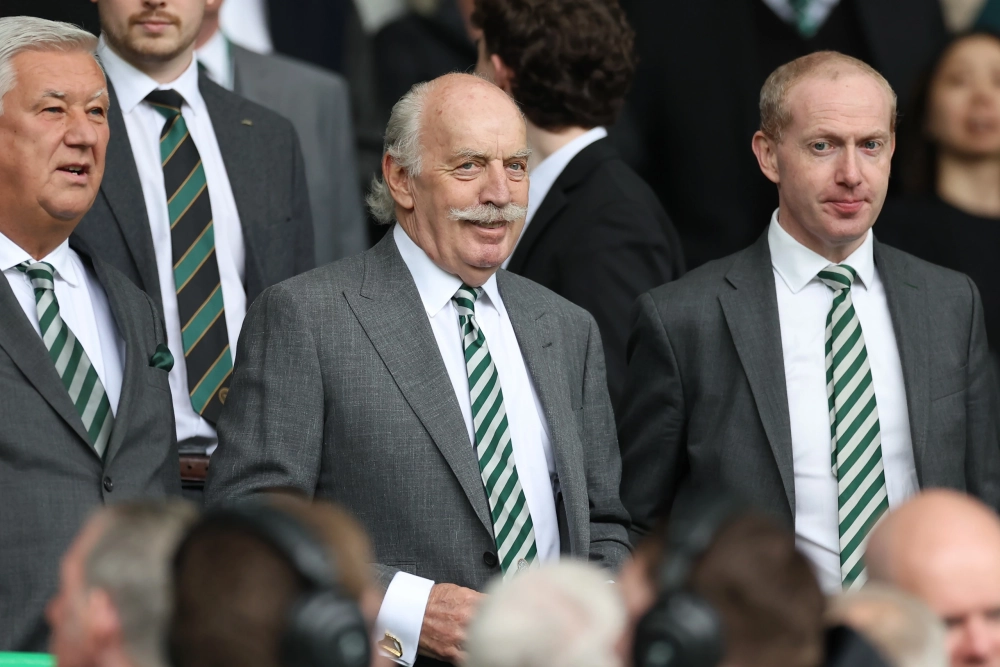
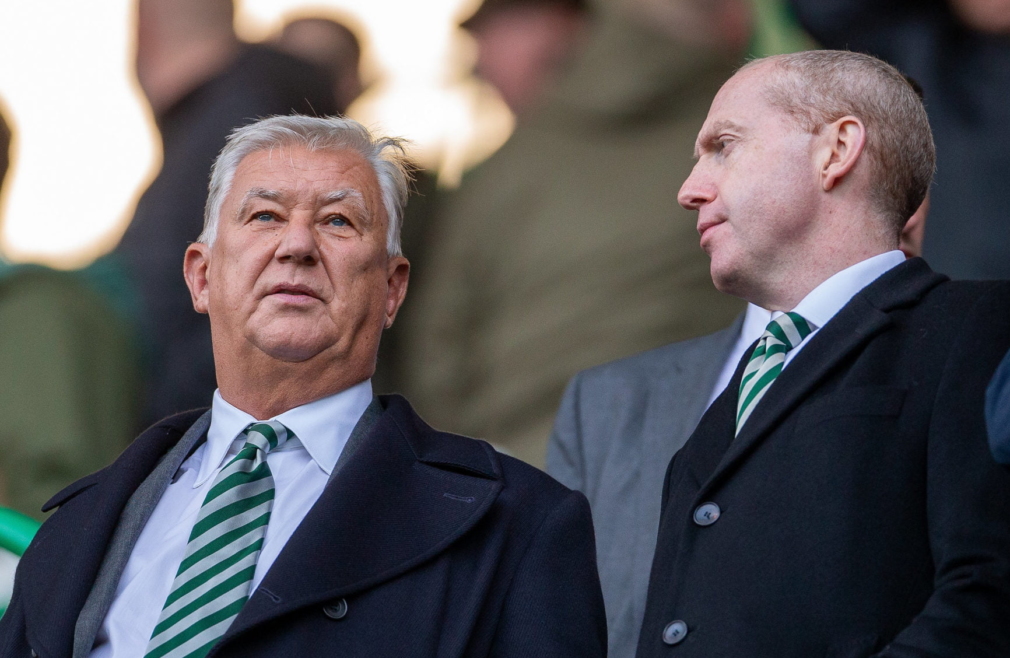
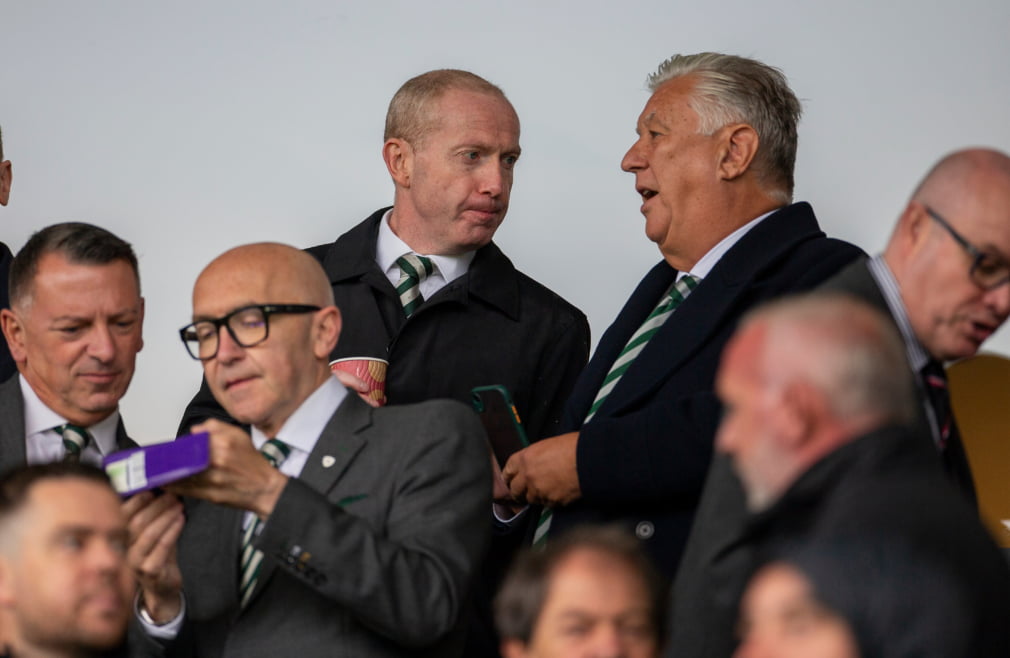
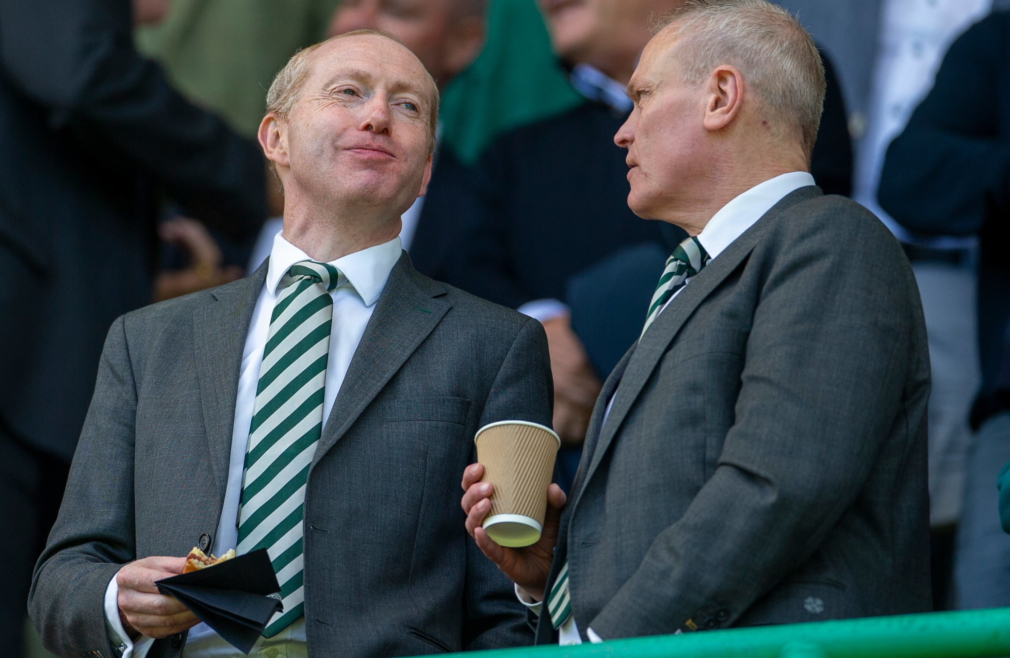
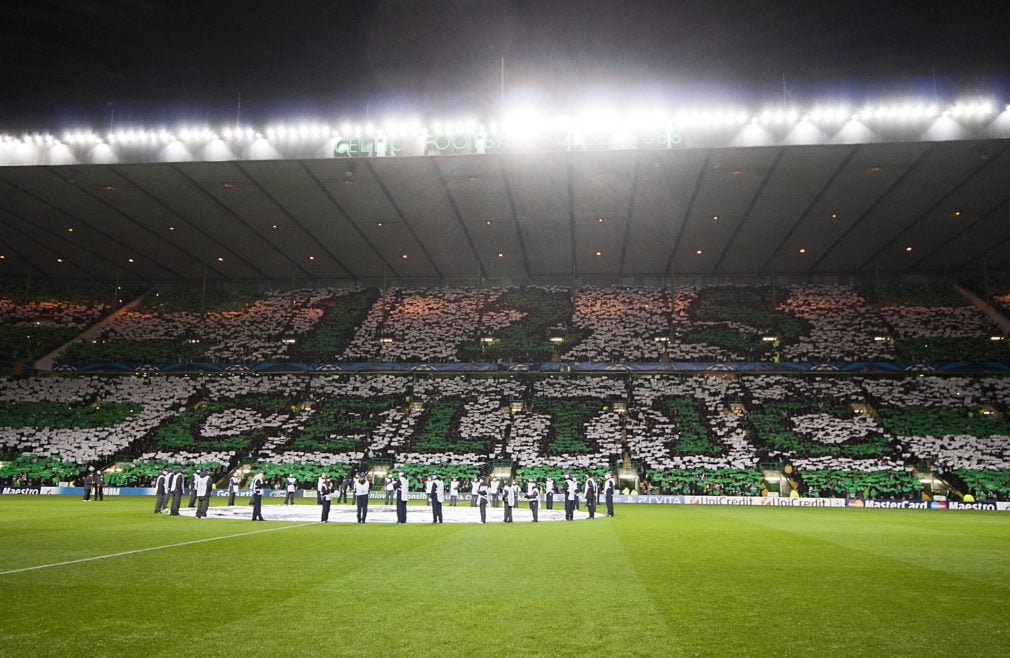
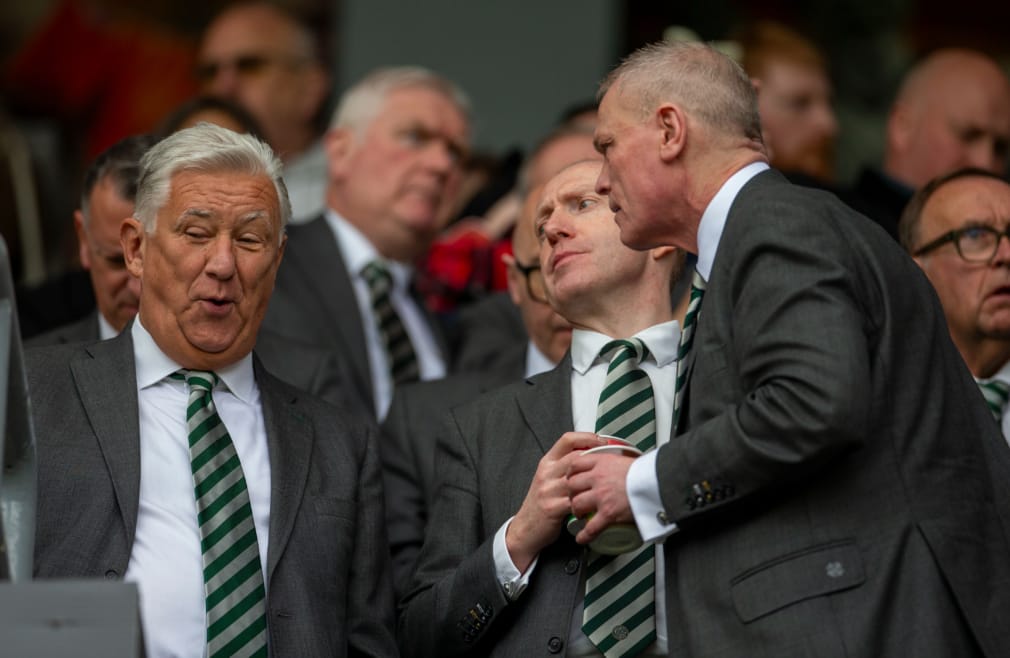

1 Comment
by Big Rally
Shaun Maloney next celtic manager when brendan leaves …. The cheap option